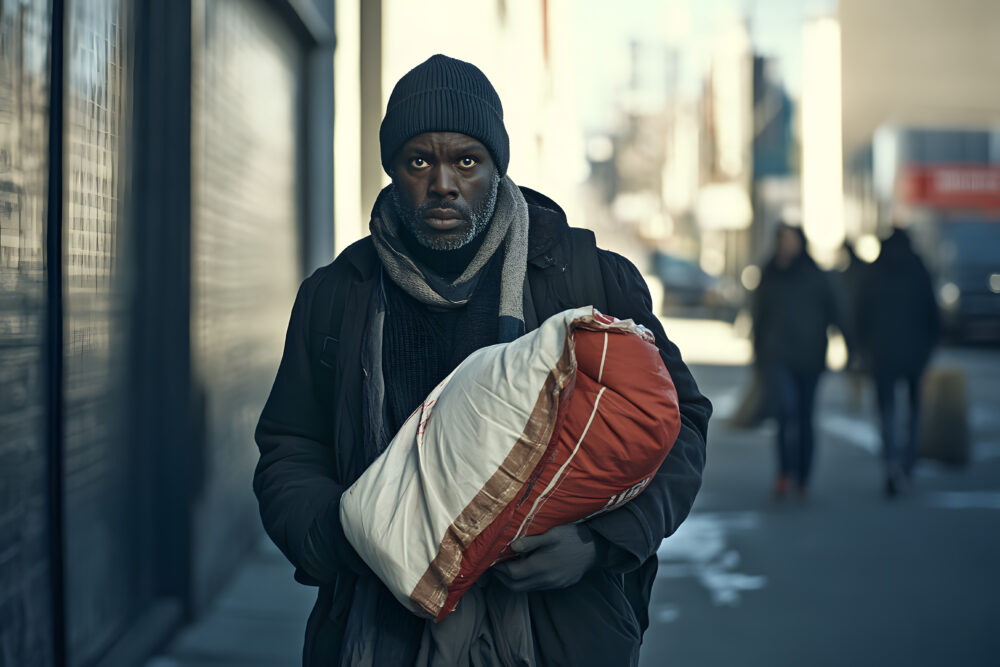
Marvin Olasky is Christianity Today’s executive editor for news and global, and a Senior Fellow of Discovery Institute and its Center for Science and Culture. He edited WORLD magazine from 1992 to 2021 and was a professor, provost, chairholder, and dean at The University of Texas at Austin, The King’s College, Patrick Henry College, and the World Journalism Institute from 1983 to 2021. He is the author of 28 books including The Tragedy of American Compassion, Fighting for Liberty and Virtue, Abortion Rites, Reforming Journalism, and Lament for a Father.
Subscribe to a free newsletter of top book picks from Marvin Olasky.
Dr. Olasky earned an A.B. from Yale University in 1971 and a Ph.D. in American Culture from the University of Michigan in 1976. He was a Boston Globe correspondent and a Du Pont Company coordinator, and has written 5,000 articles for publications including World, The New York Times, The Wall Street Journal, The Washington Post, The Los Angeles Times, and Fortune.
Dr. Olasky is a Presbyterian Church in America elder and has chaired the boards of City School of Austin and the Austin Crisis Pregnancy Center. He has spoken on six continents and his writings have been translated into Chinese, Spanish, Italian, French, Portuguese, and Russian. He has been to 79 major league and spring training ballparks, all 254 Texas counties, and all three Delaware counties.
Marvin has been married for 45 years and has four sons, four daughters-in-law, and five grandchildren. He has been a foster parent, a PTA president, a cross-country bicycle rider, an informal advisor to George W. Bush, and a Little League assistant coach.
Archives

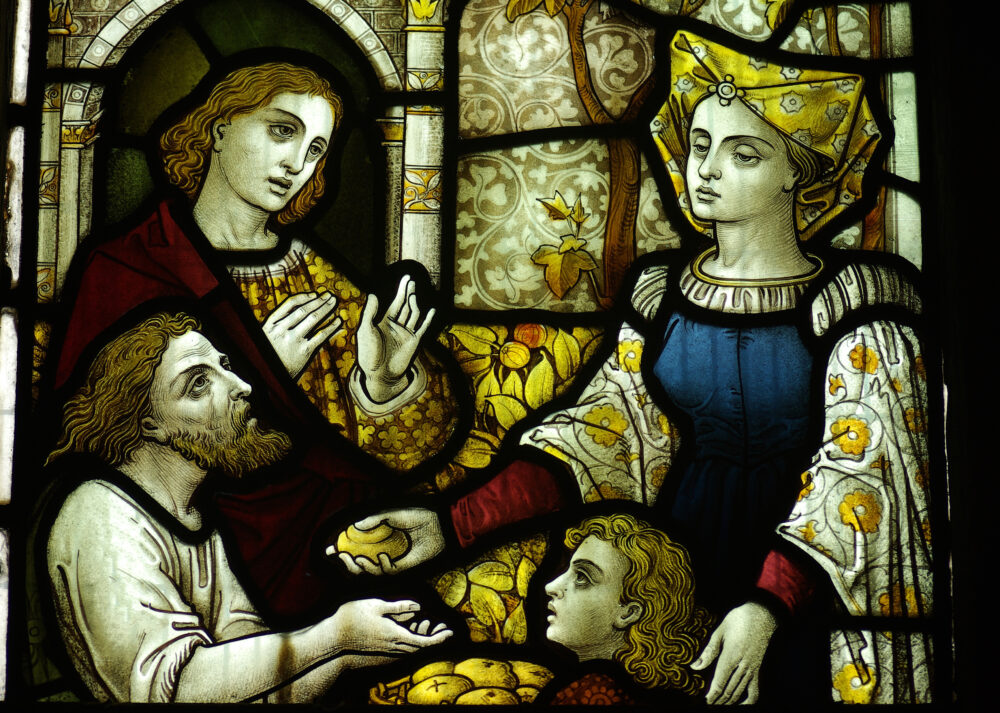
My Confession and Plea

Why Work Works

Homeless Does Not Mean Helpless
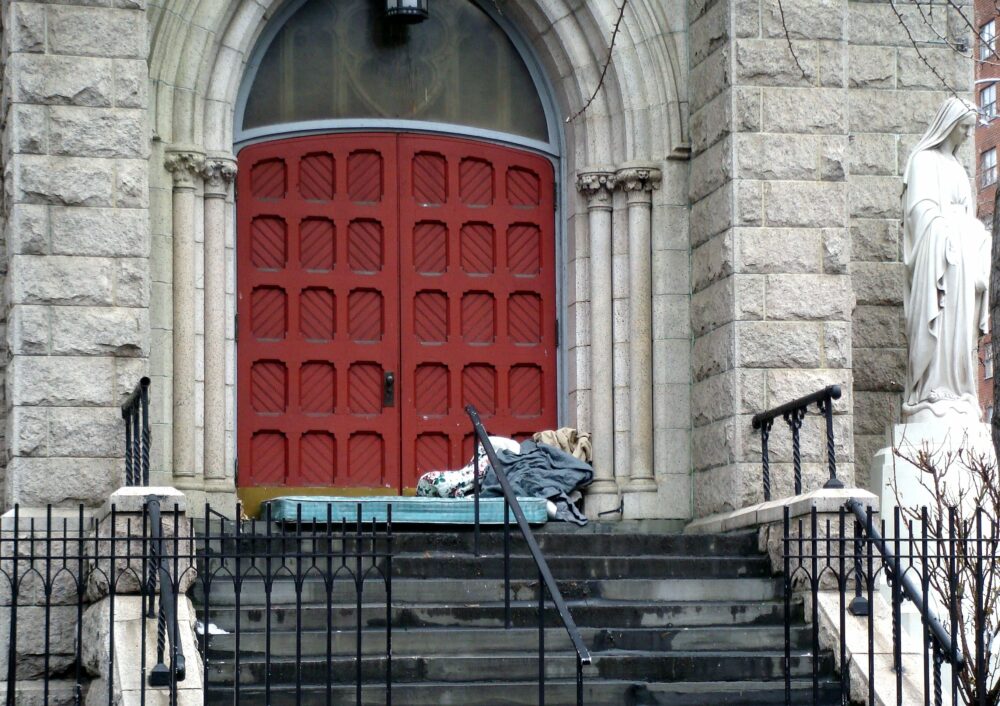
Good Friday Reminds Us to Suffer With the Homeless

East of Eden and Easter
Olasky Books April 2025
Warm-Hearted, Tough-Minded Compassion: An Interview with Bob Coté

Zenger Prizes: Honoring Good Reporting on Helping the Homeless

Remembering a Pioneer: Bob Coté

Gimme Shelter — But What Kind?

Dueling Definitions of Compassion

Springs Rescue Mission: More Than Food and a Bed

Intelligent design and unintelligent use of power
Olasky Books March 2025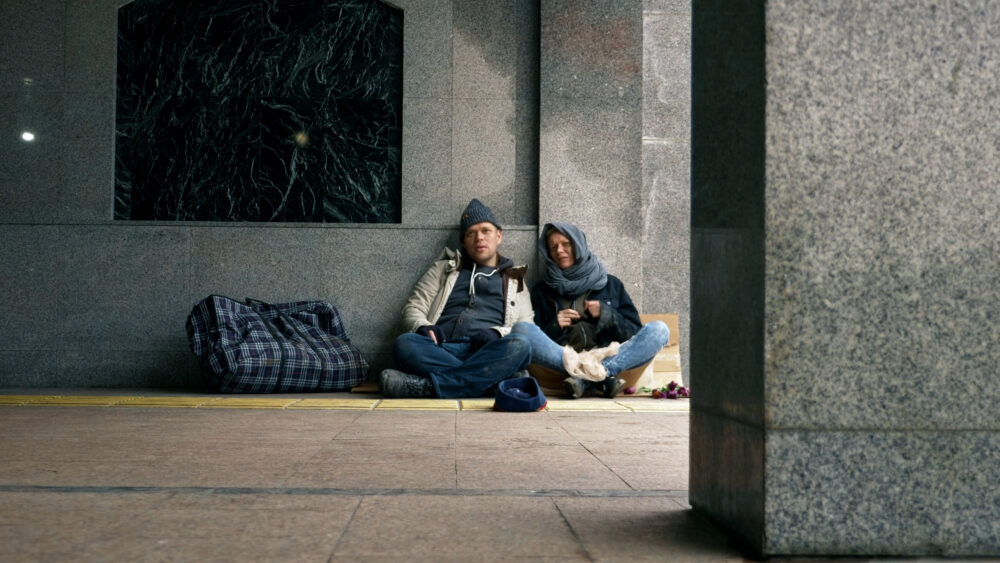
Jeff Cook’s Second Look at Springs Rescue Mission

Jeff Cook Examines Springs Rescue Mission’s Programs

Mixed Messages of Hope
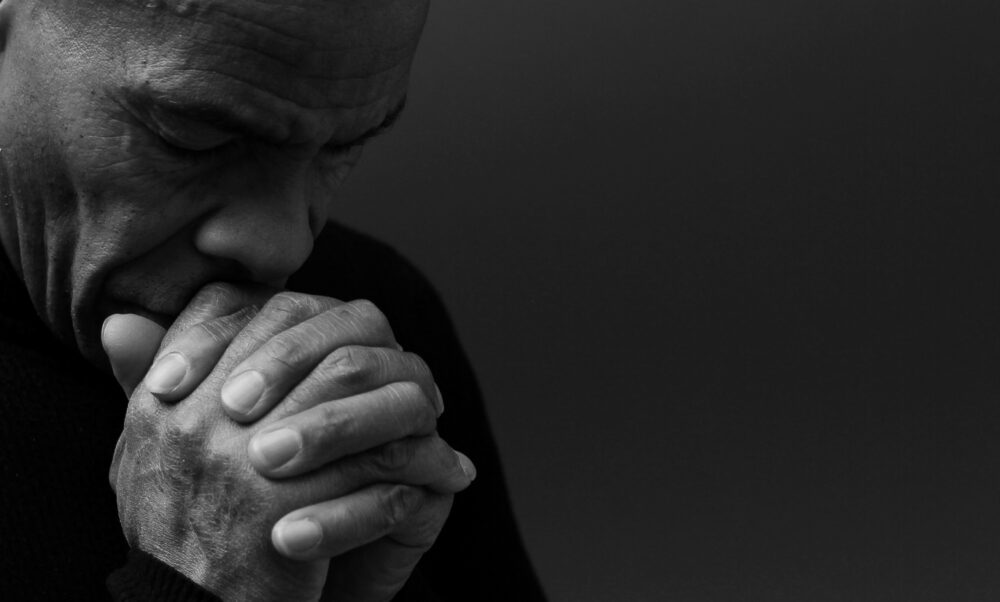
Springs Rescue Mission: Spiritual Recovery Through Love, Not Force

Black History Month lesser-known stories
Olasky Books February 2025
Springs Rescue Mission: A Rare Alliance Between Church and State
